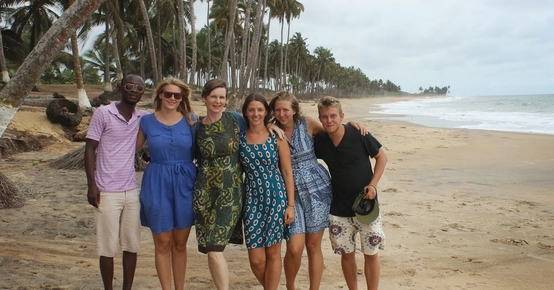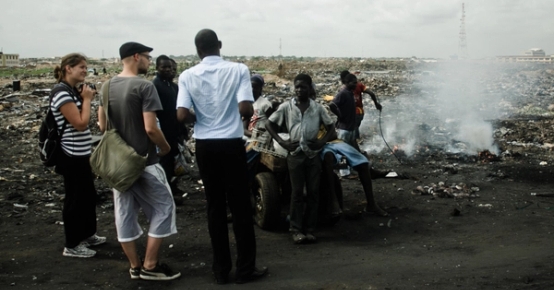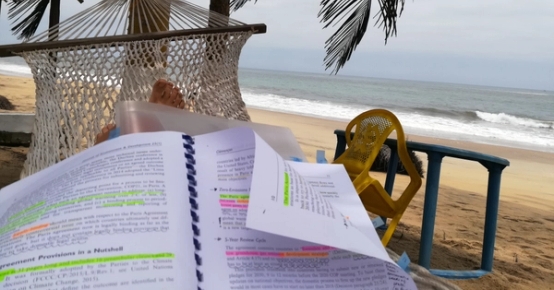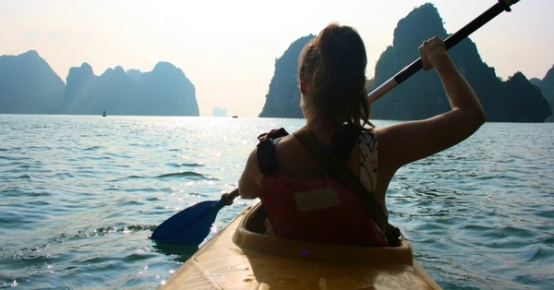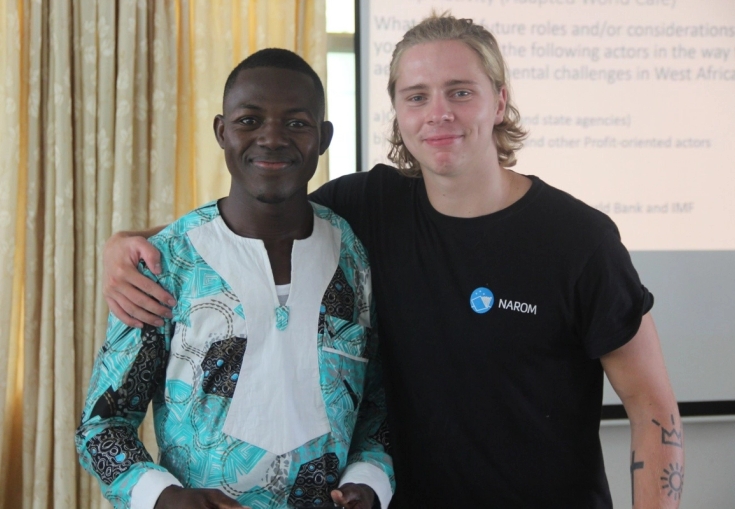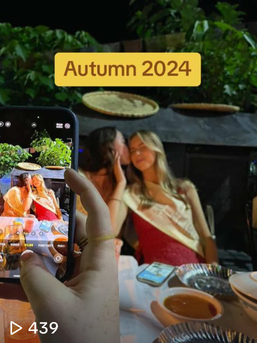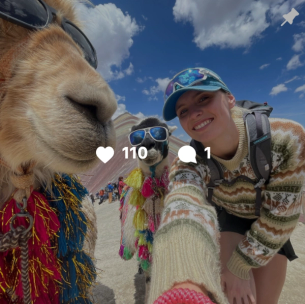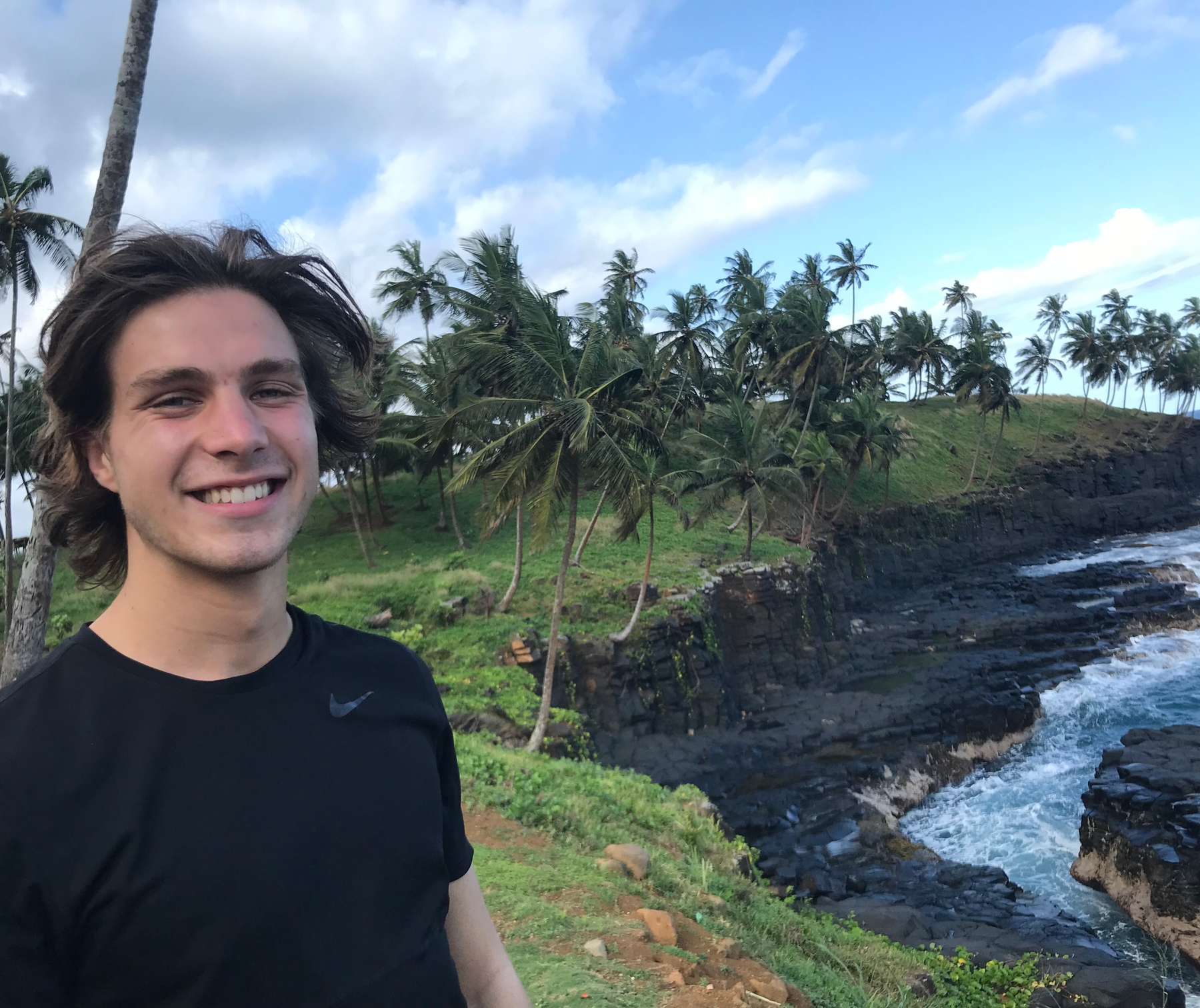
"The freedom to travel made the curriculum come alive"
Traveling in beautiful, complex West Africa added a new dimension to the curriculum in Development Studies 2 for Simon (27). His experiences during the semester have been useful on the path to a master's degree in climate physics.

This text is translated using AI.
View the original article here.– After completing Development Studies 1 in Vietnam, I wanted to learn more about development, experience a completely different part of the world, and explore the subject from a different perspective.
Simon had the opportunity to see much of West Africa, which is home to over 600 different languages and a diversity of cultures, during his second semester of development studies in Cape Coast.
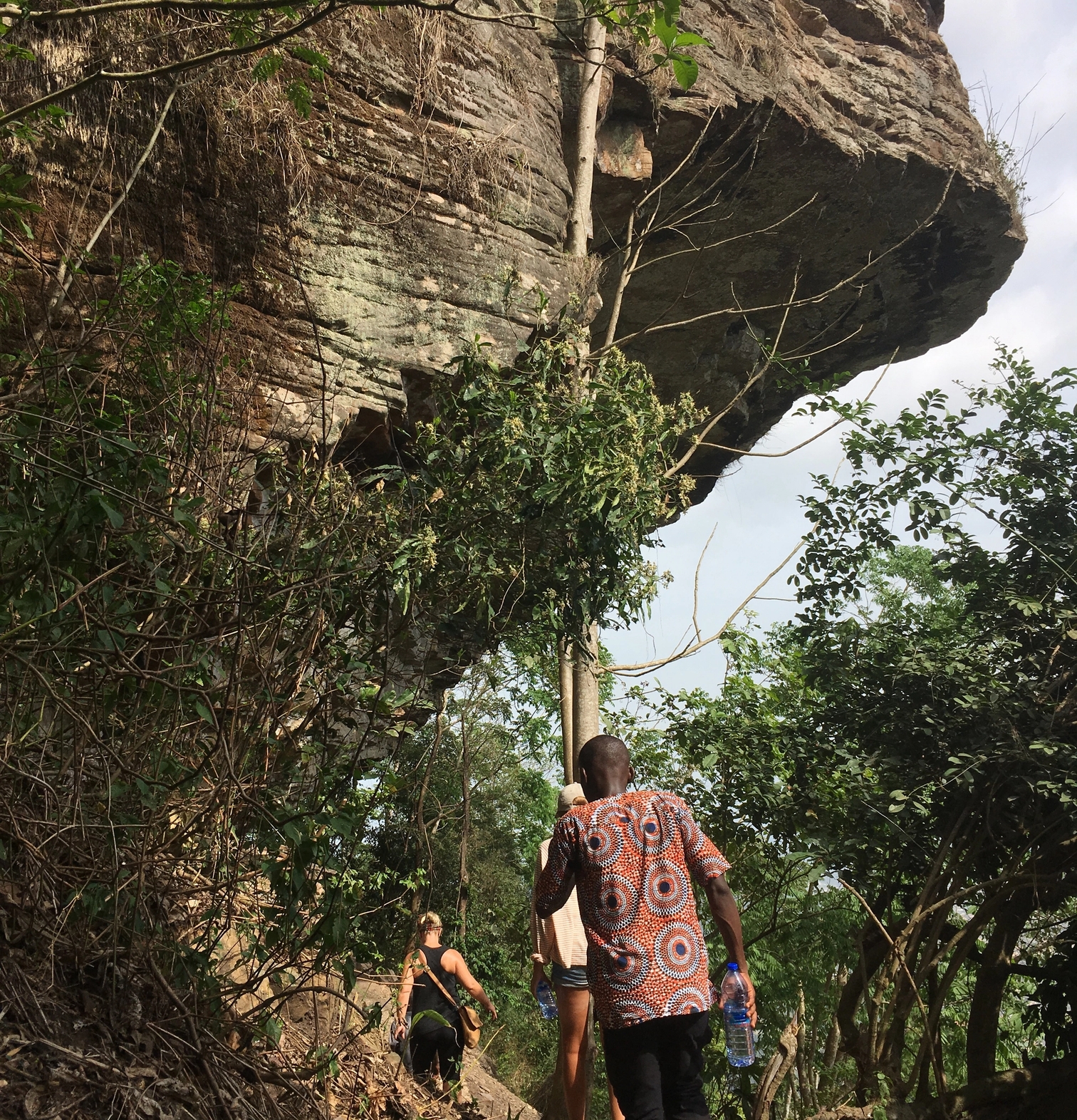
– Many in Scandinavia may not know much about what West Africa has to offer in terms of experiences – I found that there is an enormous variety!
In Ghana, you will find amazing beaches almost completely devoid of tourists where you can relax, but there's also a lot of fun events happening.
Kulturstudier organized a trip to Kwahu, where we participated in an Easter festival with lots of good food, music and we even got to try paragliding.
Through three weeks of fieldwork in the village of Gomoa Brofo, we got to see a completely different part of Ghanaian society.
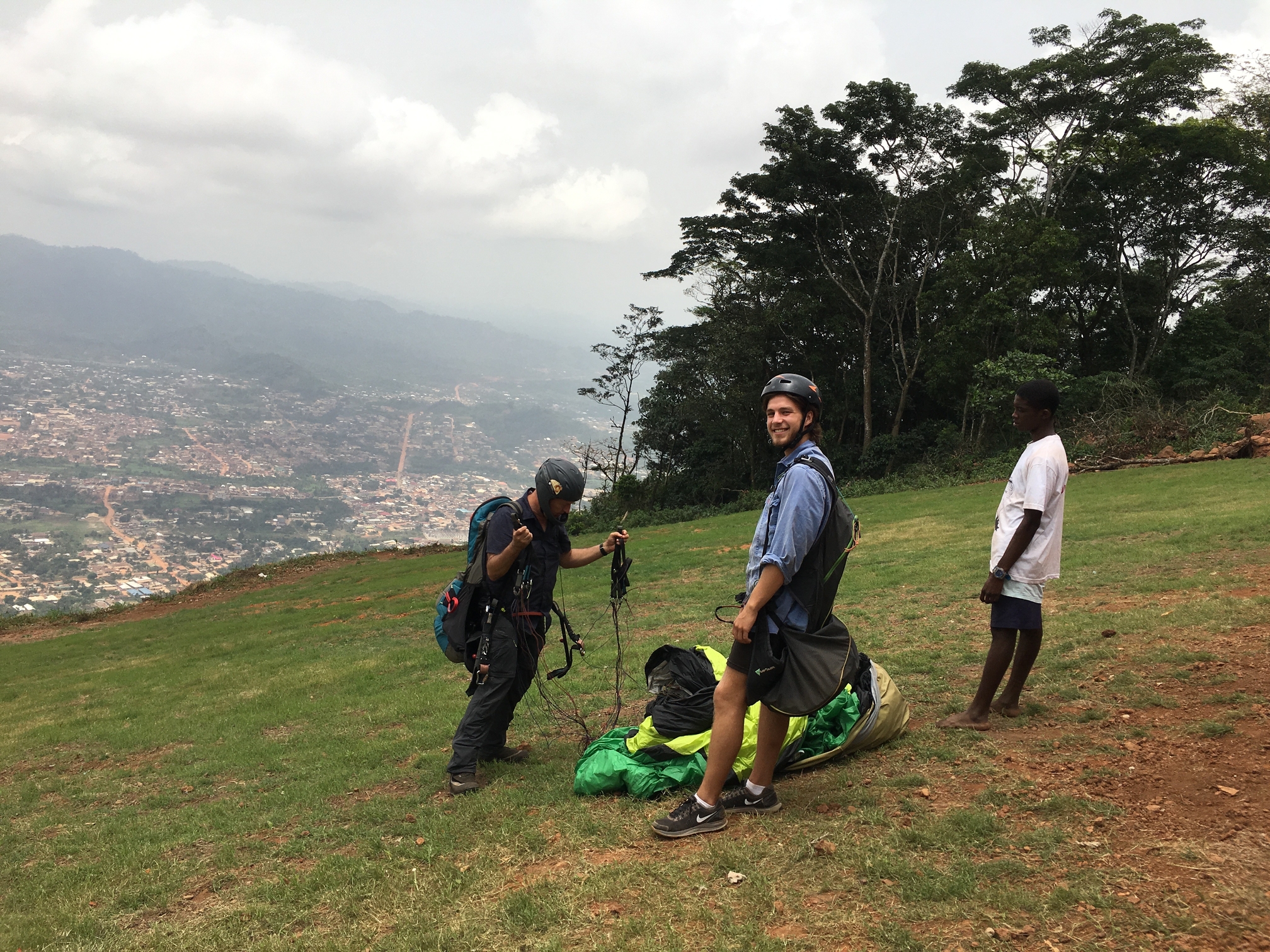
– Before we started writing our take-home exam, we traveled to the island of São Tomé, which is the most beautiful place I have ever been. Traveling in West Africa is quite affordable, so I feel like I saw an incredible amount in a short time and on a fairly tight budget.
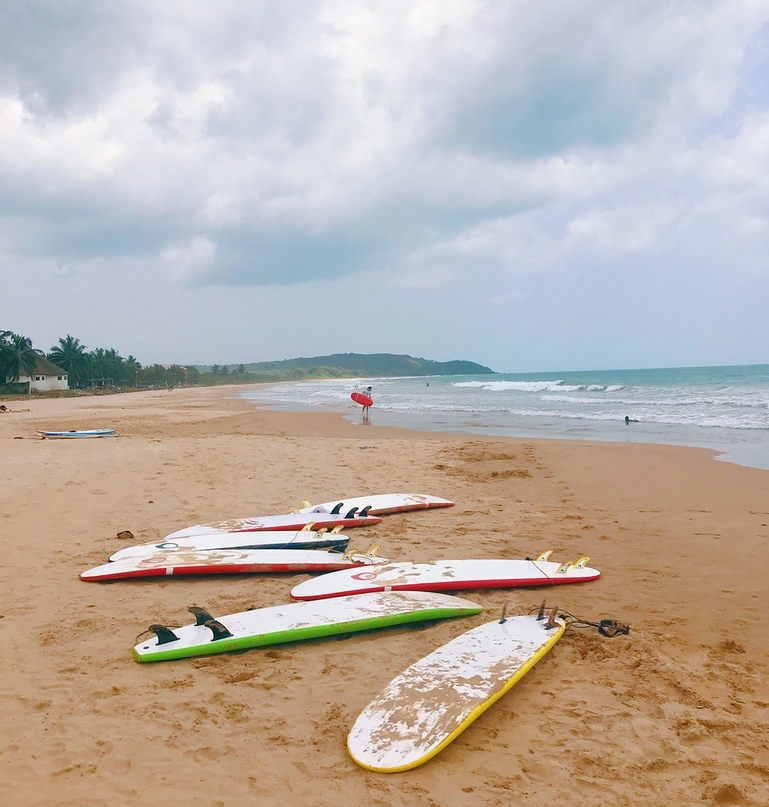
Many worry about safety when considering studying on the other side of the globe. In addition to the security of being part of a Scandinavian student group, and the support from our local staff, many often find that the culture in the country of study is warmer and more welcoming than what they are used to at home.
– Precisely because there aren't many tourists in West Africa, the locals take extra care of you. Almost everyone we met on our travels made an effort to make us feel welcome and safe.
– In addition to the welcoming local population of Cape Coast and the other places we visited, we received great advice and tips from the local Kulturstudier staff.
You get a more authentic experience than what's possible in cities and countries overwhelmed by tourists, and everyone we met on our journey was so helpful. I felt safer traveling in West Africa than on an interrail trip in Western Europe.
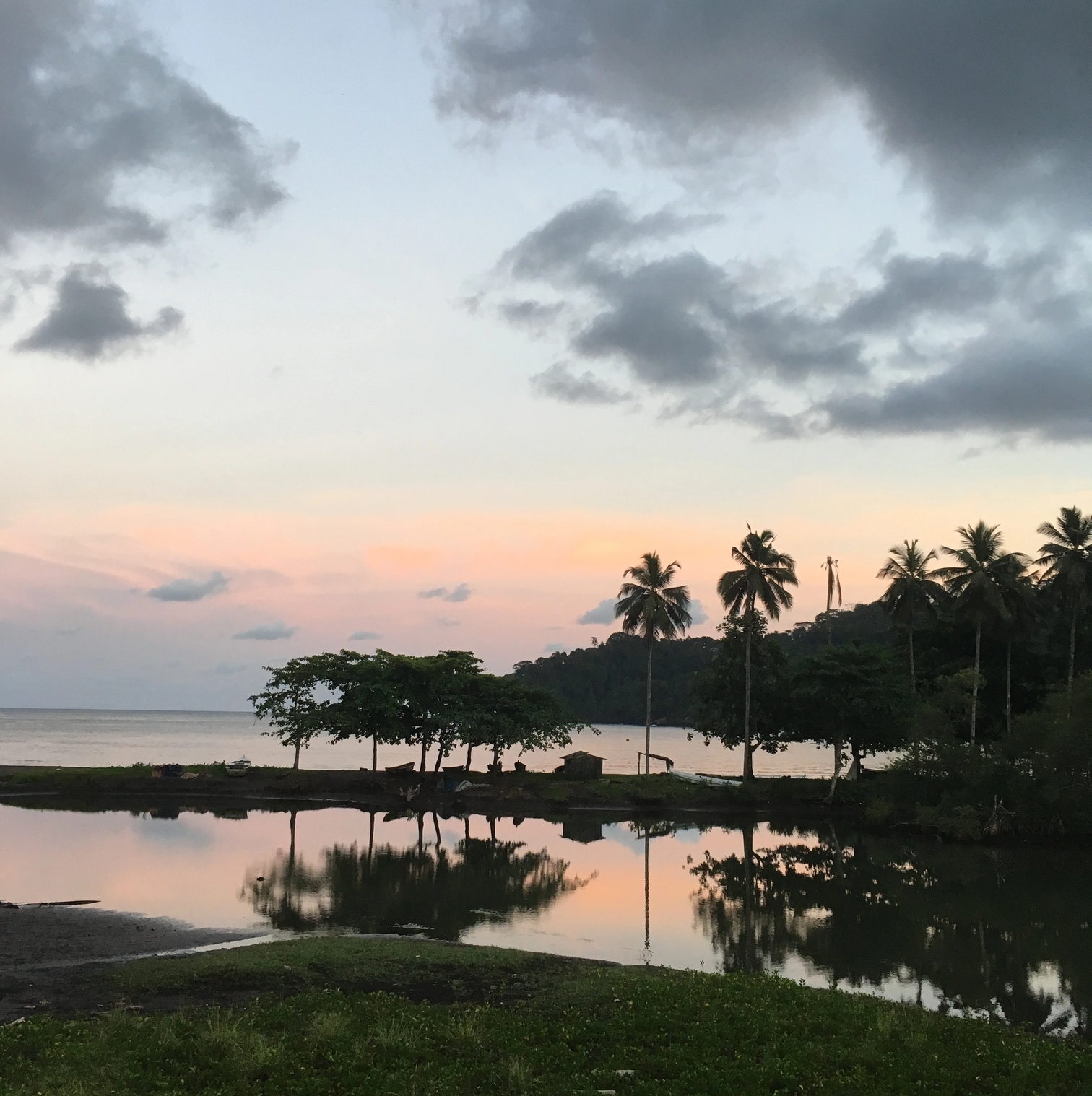
West Africa has a lot to offer, but the region can neither boast of being a popular holiday destination for Norwegian tourists, nor a typical backpacking destination. This presents some challenges – and many advantages.
– The infrastructure is worse than what I was used to. More than once we were left standing and waiting forever for a bus that never arrived, without any app or website to check.
- Ghana
In the West African cities, there is something happening everywhere – the streets are filled with music, dance, and life, and there is plenty of art and culture to explore.– Simon (27)
– But the fact that things don't always work as expected means that one has to learn to handle unexpected situations and adapt. And then you are forced to actually talk to people to get help to move forward - so you often get to know many nice people along the way!
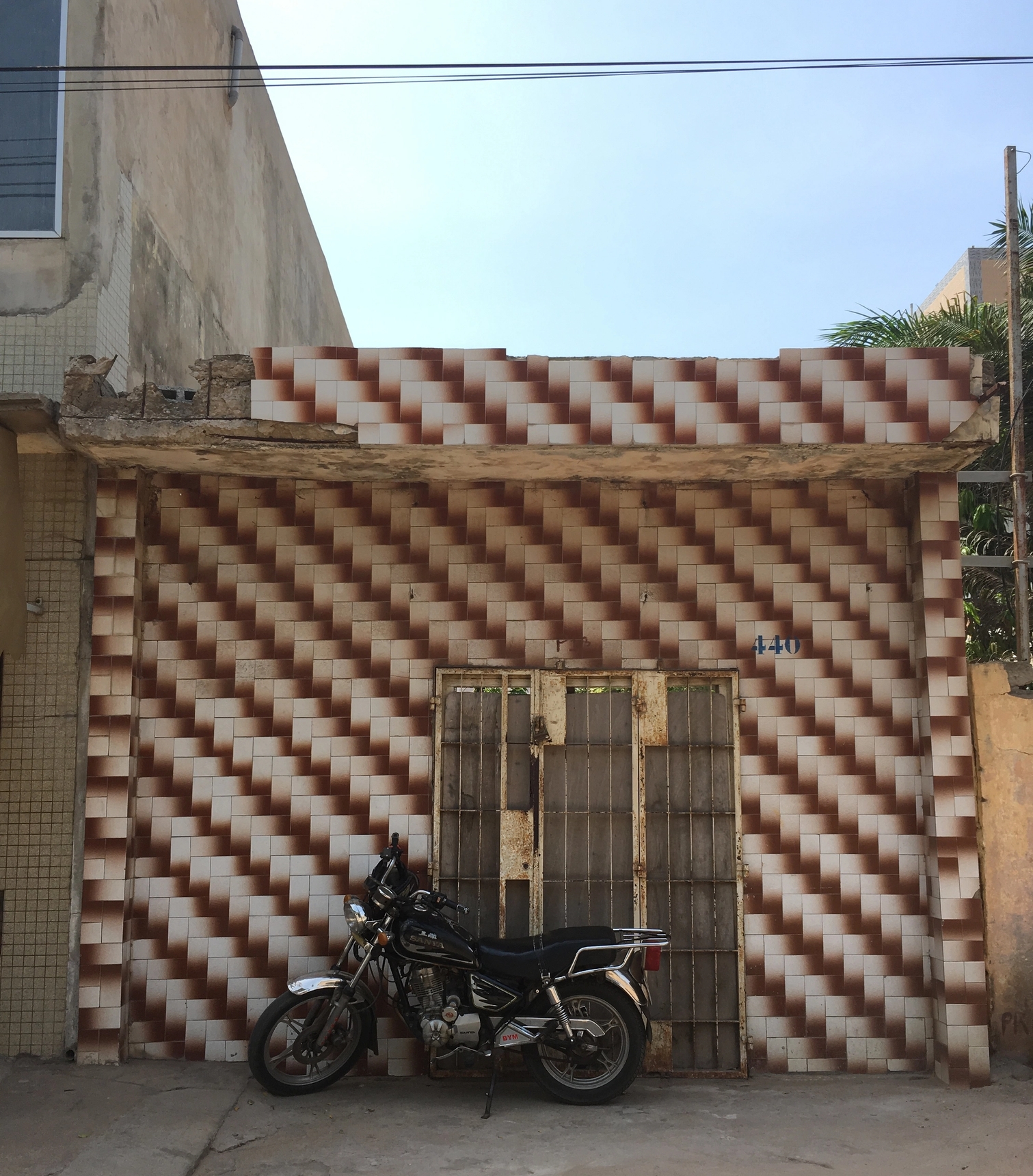
Traveling to other parts of the country of study, or nearby countries, can add a new dimension to the curriculum and make it easier to understand the issues being studied. For Simon, meeting people from different places became as important as the lectures.
– Traveling to other countries in West Africa made it easier for me to understand Ghana and its development context. I had the opportunity to meet people from small villages and big cities, individuals working as farmers or taxi drivers, and to hear their diverse perspectives on various matters.
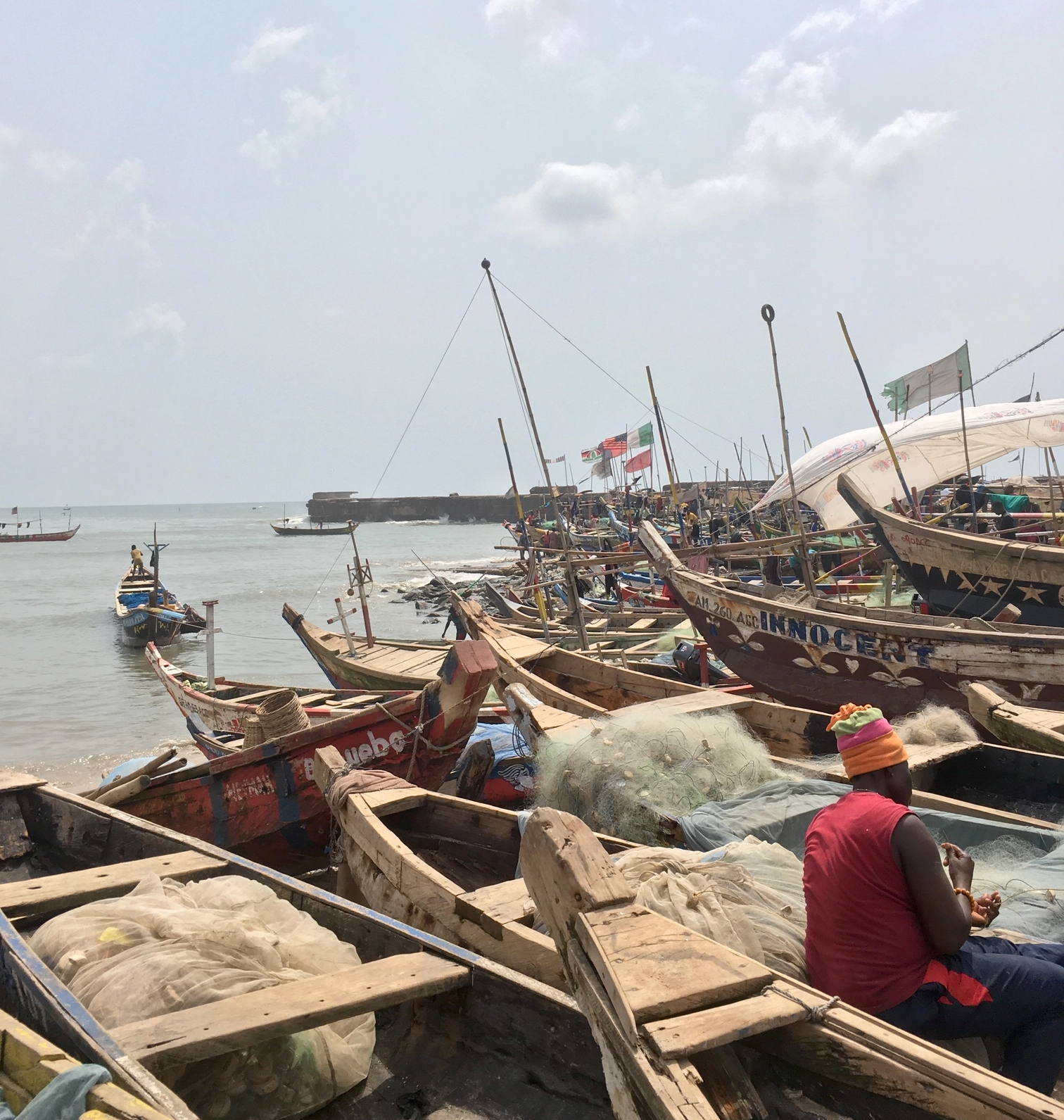
–When I traveled to other areas in Ghana, I could see with my own eyes how the coastal regions, which were considered important to the colonial masters, had much more developed infrastructure than areas that were not seen as equally important, and reflect on how this is reflected in the social structure today.
The freedom to travel made the curriculum come alive.
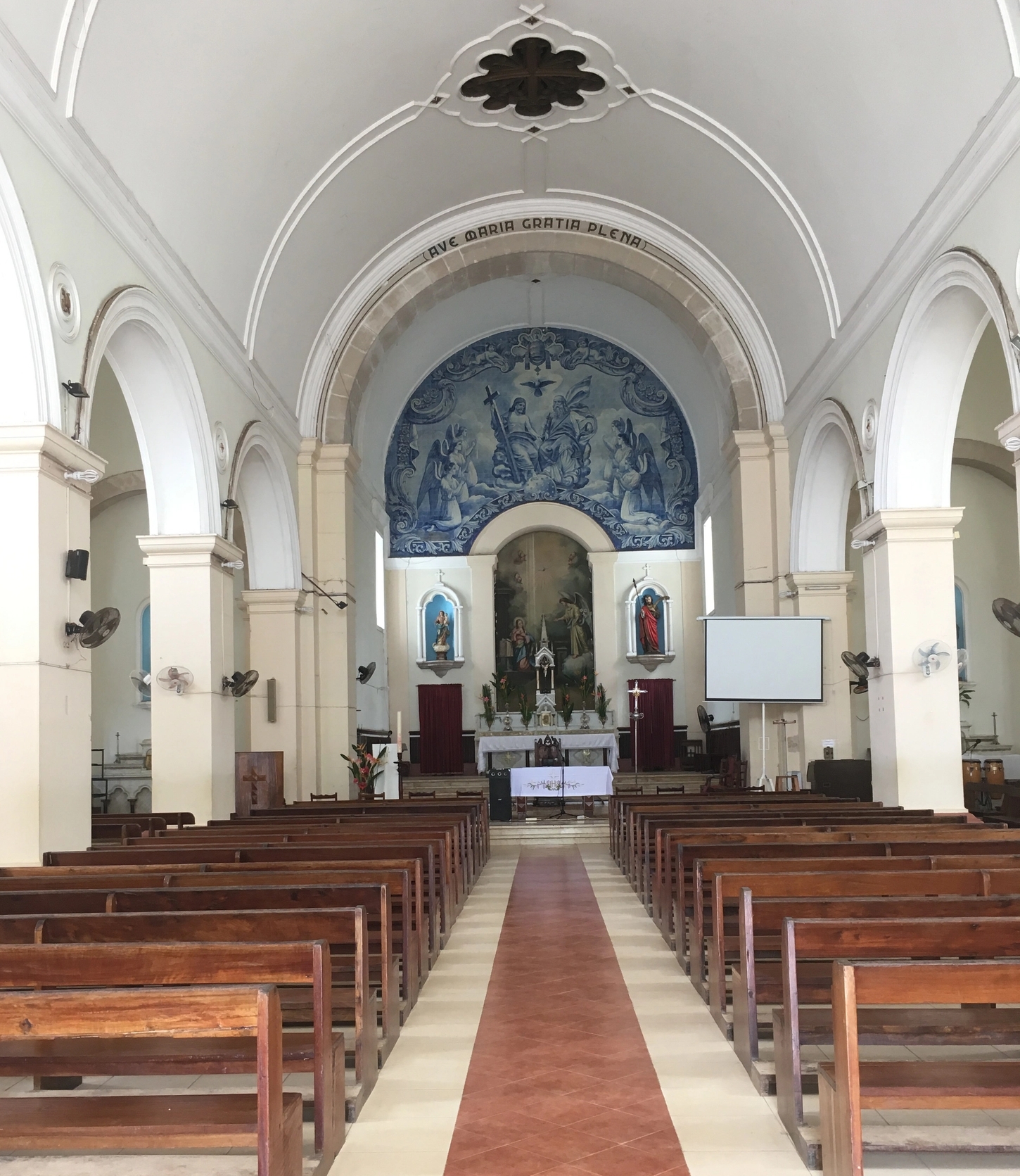
For many, a semester or year with Kulturstudier becomes a springboard for further studies, career, or a passion in life. Simon has been able to utilize his experiences and expertise from studies and travel in his master's program:
– I have a bachelor's degree in physics, and have recently completed an interdisciplinary and international master's degree in climate change. I specialized in physical oceanography, but throughout my studies, we worked extensively across disciplines.
My background in development studies makes it easier for me to place my expertise in climate physics into a broader context.
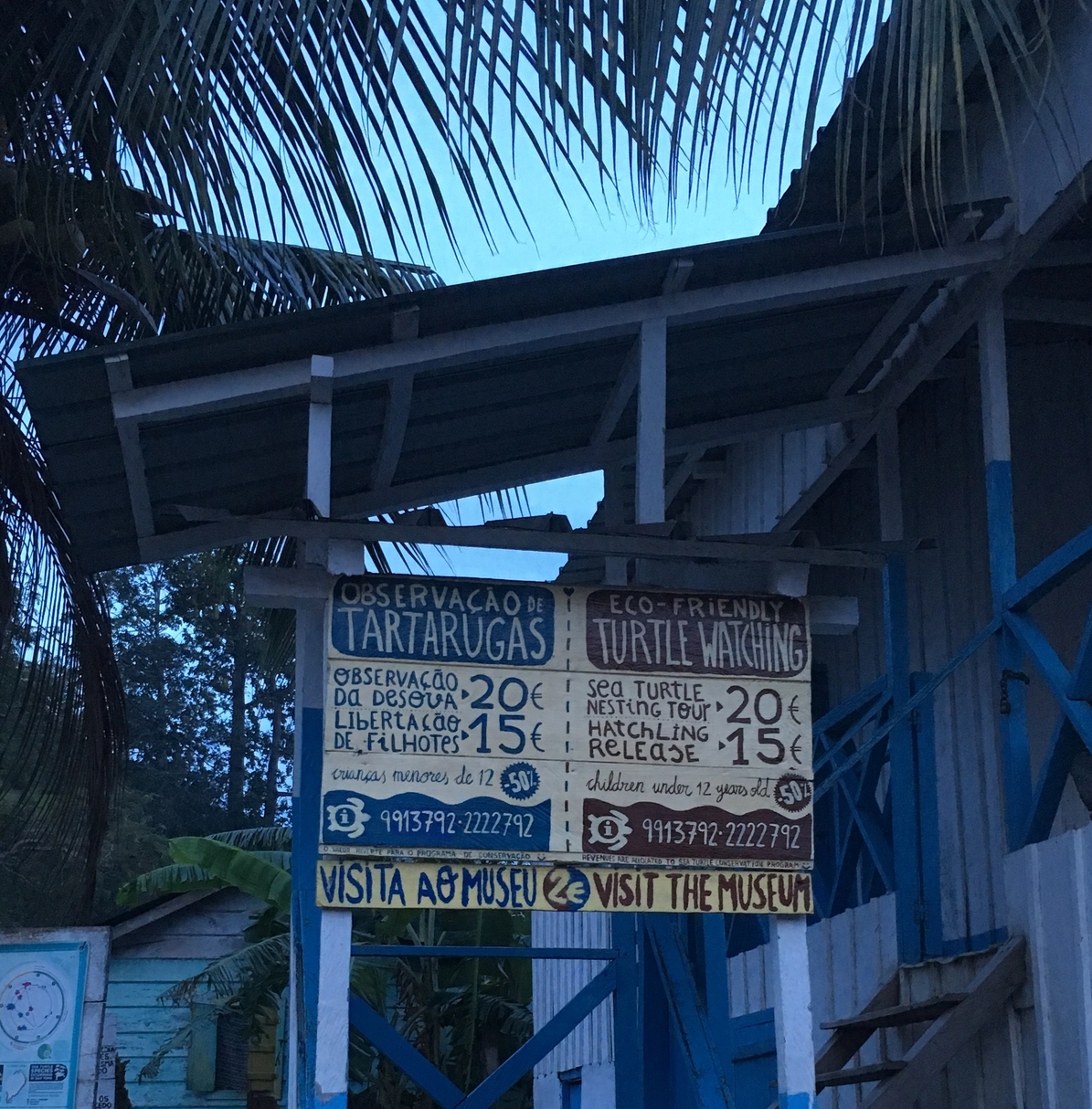
– I still maintain contact with academics in Ghana whom I got to know during my studies. The global network I still have, and everything I learned from the people I met in West Africa, makes it easier not to get stuck in a North European perspective.
I believe that many natural scientists would greatly benefit from acquiring knowledge in social sciences. Moreover, it was wonderful to spend a year in the tropics before five cold and wet years in Trondheim and Copenhagen.
